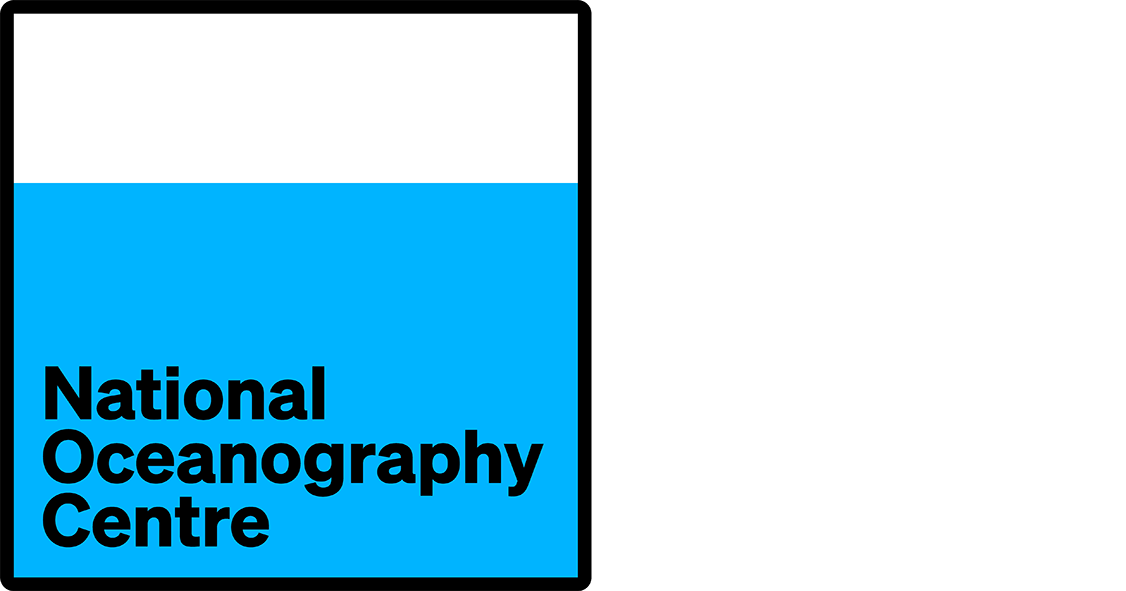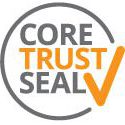- Resources
- Inventories
- EDMED
- Report
- 2952
Netherlands National Monitoring of Organic Micropollutants in Western Wadden Sea Region (1992-)
Data set information
| Query EDMED |
| General | |
| Data holding centre | Rijkswaterstaat Central Information Services |
| Country | Netherlands  |
| Project | National Chemical Monitoring Programme(MON*CHEMIE) |
| Time period | 1992- present |
| Ongoing | Yes |
| Geographical area | Western Wadden Sea. The Boundery between Western Wadden Sea and Eastern Wadden Sea is situated between the islands Terschelling and Ameland |
| Observations | |
| Parameters | Concentration of polychlorobiphenyls (PCBs) in biota; Concentration of polycyclic aromatic hydrocarbons (PAHs) in the water column; Concentration of polychlorobiphenyls (PCBs) in suspended particulate material; Concentration of polychlorobiphenyls (PCBs) in the water column; Concentration of polycyclic aromatic hydrocarbons (PAHs) in sediment samples; Concentration of polychlorobiphenyls (PCBs) in sediment samples; Concentration of polycyclic aromatic hydrocarbons (PAHs) in biota; Concentration of polycyclic aromatic hydrocarbons (PAHs) in suspended particulate material |
| Instruments | Particulates samplers; unconsolidated sediment corers; centrifuges; sieves and filters; gas chromatographs; high performance liquid chromatographs; gas chromatograph mass spectrometers |
| Description | |
| Summary | MON*CHEMIE is a part of the Monitoring programme of the National Water Systems (in Dutch : Monitoring Waterstaatkundige Toestand des Lands; MWTL) The primary goal of the MWTL programme is to provide physical, chemical and biological information in relation to long term developments. So the focal point for the monitoring programme is based on trend detection. Another aim is to check the compliance to national and international assessment criteria. The Dutch marine and brackish waters are dived into areas. In field GEOGRAPHIC COVERAGE the area is mentioned. In MON*CHEMIE chemical parameters are determined in surface water, suspended matter, sediment and biota. The starting date mentioned is not necessarily the same for every parameter or location, this can differ from one parameter or location to another. Depending on the parameter and the location most samples are collected on a weekly, monthly or 3 monthly base. The given date is the first year data is available of one or more locations. During the given period more or less locations can be sampled due to changes in the national monitoring programme. Sampling and analysing the samples are carried out by Standard Operating Procedures (SOP's). Due to human activities organic parameters are traced in ecosystems. Measuring an organic parameter in a certain ecosystem depends on the solubility of that particular parameter. If the solubility of an organic parameter is good (big) measurements are carried out in water. Otherwise measurements are done in suspended matter or in sediment. Sediment or suspended matter absorbs organic parameters that dissolve badly in water for a long time. Organic parameters that dissolve and /or accumulate in fat are measured in biota. Water: The following parameters can be measured: pesticides and bromated flame retardants. The programme for pesticides started in 1972. The programme for bromated flame retardants started in 2007. The organiotins-programme was carried out in marine harbours and started in 1990 and ended in 2004. The samples are taken by diving pump. Suspended matter: The following parameters can be measured: PAHs, PCBs, HCB and organotins .The programme started in 1989. The programme for Monophenyltin, Diphenyltin, Triphenyltin started in 1998. The samples are taken by centrifuge. Sediment: The following parameters can be measured: PAHs, PCBs, HCB and organotins. The samples are sift and analyses are carried out in grainsize <63 um. The programme started in 1998. The samples are taken by boxcorer. Biota: Analyses in flounder started in 1986. For flounder 25 specimens are collected (divided over 5 classes). The following analyses are carried out: Flounder liver; PCBs, HCB, Cd and Hg. For the actual planning: www.waterplan.nl |
| Originators | Rijkswaterstaat Water, Traffic and Environment |
| Data web site | http://www.waterbase.nl |
| Availability | |
| Organisation | Rijkswaterstaat Central Information Services |
| Availability | Unrestricted |
| Contact | Not supplied (Service Desk Data) |
| Address | Rijkswaterstaat Central Information Services |
| Telephone | +31 (0)15 275 77 00 |
| Facsimile | +31 15 275 75 76 |
| servicedesk-data@rws.nl | |
| Administration | |
| Collating centre | National Oceanographic Data Committee |
| Local identifier | 20001087 |
| Global identifier | 2952 |
| Last revised | 2009-09-21 |

